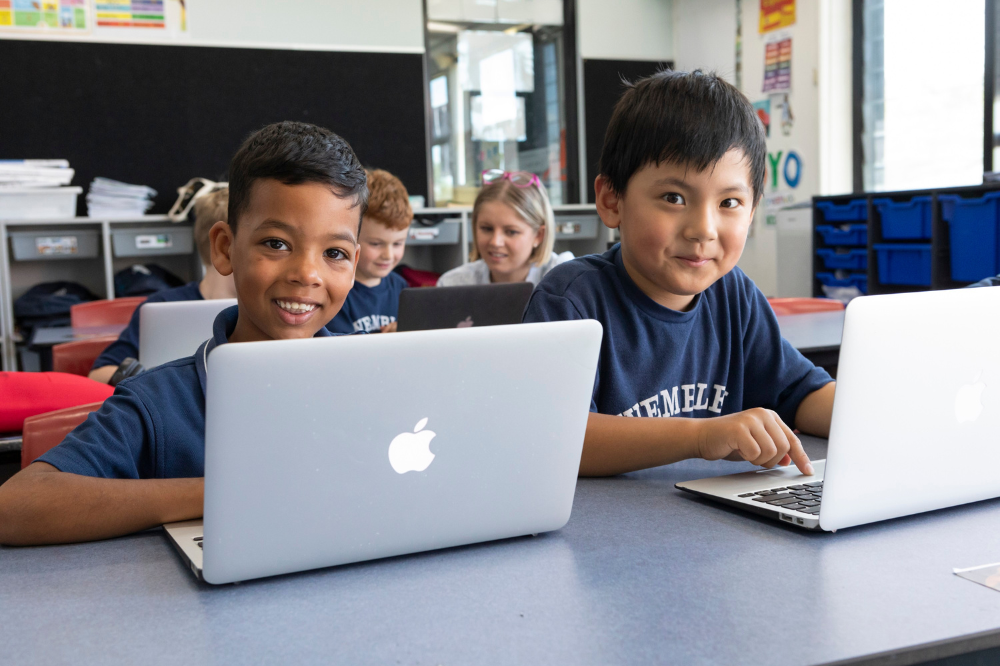
For young people in Australia, digital literacy is no longer just an advantage – it’s a necessity.
Children are entering online spaces earlier in life than ever before, and risks in the digital world evolve quickly. As a result, the fast-moving world of digital literacy education is often left on the backburner.
In a bid to address this, The Alannah & Madeline Foundation has launched two groundbreaking programs aimed at 10- to 15-year-olds – the Media Literacy Lab and Digital Licence+. Now, with funding from the Australian Government, these programs are available free to every school child in Australia.
According to Peta Simpson, eSmart Engagement Manager at the Foundation, both programs have been designed to tackle some of the most worrying trends in the online space. Through the programs, children and young people are then empowered to confidently tackle challenges they may encounter using technology.
“The four key topic areas in the Digital Licence+ are kindness, empathy, self-regulation and vigilance,” Simpson tells The Educator.
“We usually find it’s used when students get their device for the first time. It might also be a curriculum requirement, or it might be in response to something that has occurred in the school community or where there’s clearly a knowledge gap.”
Digital Licence+ was built for 10-14 year olds in Australia, and has also been delivered to students in New Zealand and the Philippines. The program, along with the Media Literacy Lab, is curriculum-aligned and has been used by 50,000 students across Australia.
“The Media Literacy Lab works on media literacy skills and interrogating the information that we see online,” Simpson explains.
“It focuses on asking the questions – is it real? Is it an opinion? Where did I get it from, and is the source reputable?”
All of the Foundation’s programs recognise the vital impact that teachers have on learning, and they include a strong element of digital literacy support for the adults in the classroom.
Simpson says the biggest challenge in this space is how quickly risks and trends can move, and she notes that the Foundation often hears from teachers and caregivers about students who are struggling with wellbeing issues.
“Much of those issues aren’t happening at school – they’re happening at home,” she highlights. “We now recognise that for young people, there is no differentiation between their online and offline worlds, so the education we provide needs to match that, meaning parents and schools need to be empowered to work together.”
Ultimately, it is inevitable that children will be existing in online spaces. Simpson says that one of the Foundation’s key values is not to demonise the internet – but rather, to understand its immense potential for learning, and to allow young people to harness those opportunities safely with the right knowledge and skills.
“We never want to say that the internet is all bad, and that the only way to protect children is to keep them off it,” Simpsons says.
“And at the end of the day, 92% of children will be working in jobs that require digital literacy – so it’s in our best interest to work with them in that changing landscape so that they can ultimately thrive online.”
The Foundation is currently working to include preventative education in its programs for children aged 5+, and is currently conducting sessions with children aged 5-9 to understand what they need to learn and which outcomes they want to achieve.
To find out more about AMF, Digital Licence+ and the Media Literacy Lab, click here.


